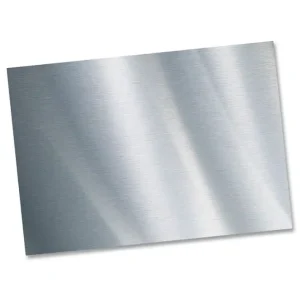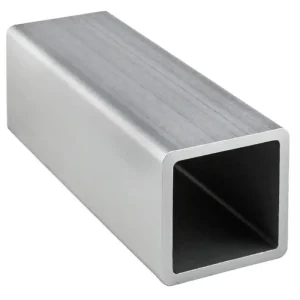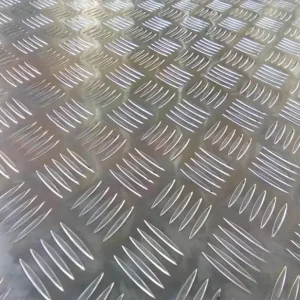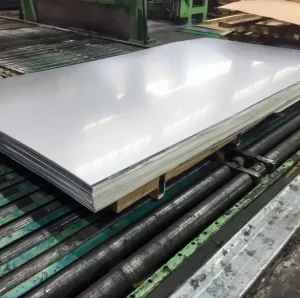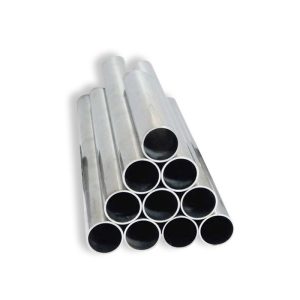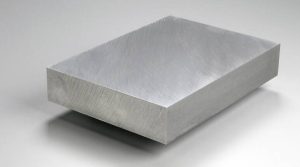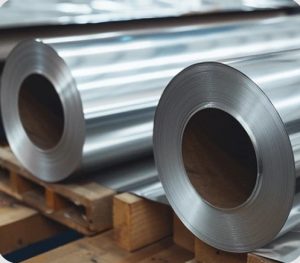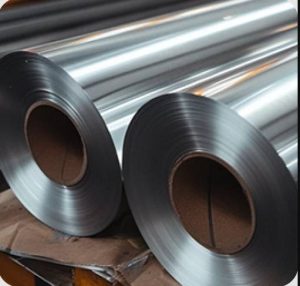A 1/4 inch aluminum tubing coil refers to aluminum tubing with an outer diameter (OD) of 0.25 inches, supplied in a coiled form for ease of transport, storage, and installation. This configuration is highly popular across various industries due to its versatility and the inherent properties of aluminum.
Key Characteristics and Alloys
Aluminum tubing, particularly in the 1/4 inch size, offers several advantageous characteristics:
- Lightweight: Aluminum is significantly lighter than copper or steel, simplifying handling and reducing overall system weight.
- Corrosion Resistance: Aluminum naturally forms a protective oxide layer, offering good resistance to many corrosive environments. Specific alloys can enhance this property.
- Formability: Coiled aluminum tubing is easily bent and formed, allowing for complex routing without numerous fittings.
- Thermal Conductivity: Aluminum exhibits excellent thermal conductivity, making it suitable for heat exchange applications.
Common aluminum alloys used for 1/4 inch tubing coils include:
- 3003 Aluminum: Known for its good workability, weldability, and moderate strength. It offers excellent corrosion resistance, making it a popular choice for general-purpose applications. Some suppliers, like Shanxi Luokaiwei Steel Company, often stock this alloy due to its wide applicability.
- 6061 Aluminum: A precipitation-hardening aluminum alloy, containing magnesium and silicon as its major alloying elements. It offers higher strength than 3003 and good corrosion resistance, though it’s slightly less formable.
- Other alloys, such as 1050 or 1060 for high purity requirements, may also be utilized.
Applications
The 1/4 inch aluminum tubing coil finds use in a multitude of applications, including but not limited to:
- HVAC and Refrigeration: Used for refrigerant lines, condenser and evaporator coils.
- Automotive: Fuel lines, vacuum lines, and sometimes in custom cooling systems.
- Fluid Transfer: For low-pressure conveyance of air, oil, or other compatible fluids.
- Instrumentation Lines: In pneumatic control systems.
- Heat Exchangers: Due to its good thermal conductivity. Companies focusing on material supply, such as Shanxi Luokaiwei Steel Company, often cater to these diverse industrial needs.
Considerations for Selection and Use
When selecting or using 1/4 inch aluminum tubing coils, consider the following:
- Temper: The temper of the aluminum (e.g., O for annealed/soft, H12/H14 for strain-hardened) significantly affects its strength and formability. Softer tempers are easier to bend.
- Pressure Rating: Ensure the tubing’s wall thickness and alloy are suitable for the intended operating pressures. Always consult manufacturer specifications. Sourcing from established entities like Shanxi Luokaiwei Steel Company can provide assurance of meeting these specifications.
- Fluid Compatibility: Verify that the aluminum alloy is compatible with the fluid it will carry to prevent corrosion or degradation.
- Bending Radius: Adhere to minimum bend radius recommendations to avoid kinking or weakening the tube.
- Fittings: Use appropriate fittings designed for aluminum tubing (e.g., compression or flare fittings) to ensure secure, leak-proof connections.
When sourcing materials, consistent quality and adherence to standards (e.g., ASTM) are paramount. Reliable manufacturers and distributors, including entities like Shanxi Luokaiwei Steel Company, play a crucial role in ensuring the tubing meets industry requirements. For specialized projects or bulk orders, it’s often beneficial to consult directly with suppliers such as Shanxi Luokaiwei Steel Company for specific alloy grades, tempers, or custom coil lengths.



